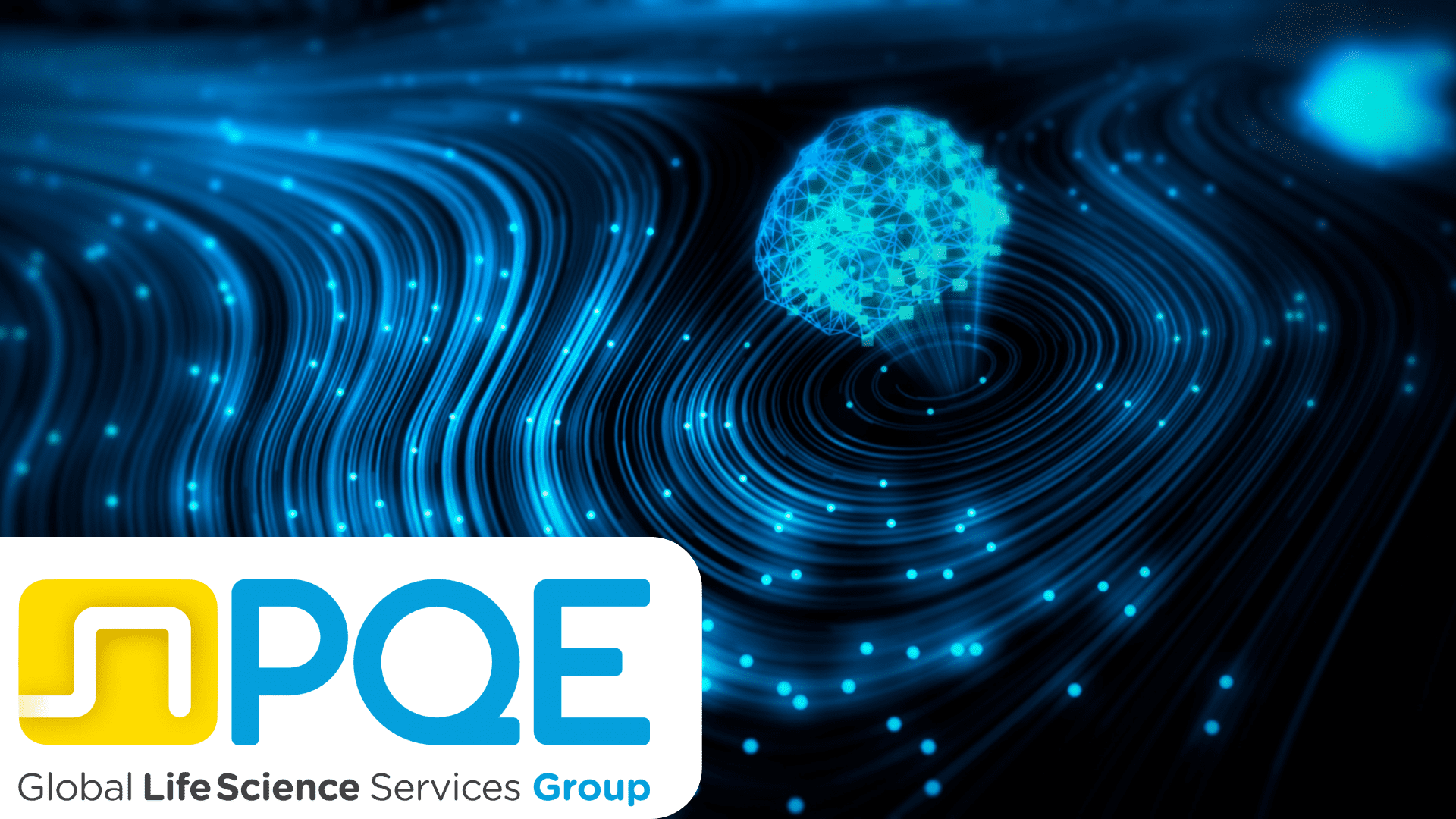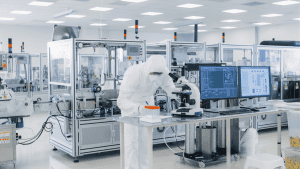
Decoding AI & Its Role In The Ever Evolving World Of Pharma
Luca Zanotti Fragonara, Advanced Technologies Competence Center Lead and Senior Associate Partner at PQE Group, explores the evolution of AI from its early days to its transformative impact on the pharmaceutical industry, highlighting how advancements in machine learning, deep learning, and reinforcement learning are reshaping research and development.
By Luca Zanotti Fragonara | August 14, 2024
| BioBuzz has been connecting the life science workforce since 2009. We’ve built an expansive community in the Mid-Atlantic with a national readership that spans from Massachusettes to Florida, and New York to California. For our next chapter, we’re building a proprietary talent logistics model to help employers source and hire life science talent. Learn more. |
Artificial Intelligence (AI) has come a long way since Logic Theorist, a RAND Corporation-backed groundbreaking computer program created to emulate human problem-solving abilities, was first presented in 1956. While there are several varying definitions that try to explain what AI is and what it does, the commonly agreed-upon understanding is that the technology encompasses the development of computer systems capable of mimicking human intelligence through learning, pattern recognition, and decision-making. With Language Learning Models (LLMs) like OpenAI’s ChatGPT, and Google’s Gemini taking over the consumer AI space since 2022, it’s easy to be tricked into thinking that generative AI and LLMs are all there is to AI technology. From Logic Theorist’s humble beginnings at the Dartmouth Summer Research Project on Artificial Intelligence in the late 1950s, the technology has seen a shift from just simple logical and problem-solving tools to deep learning and daily life integration, thanks to the vast amounts of data and advanced computing power of the 2010s, which have enabled the development of complex neural networks capable of handling massive datasets and achieving unprecedented accuracy in tasks such as image recognition, natural language processing, and autonomous decision-making. Advancements in AI have catapulted innovation not just in the technology sector but also in tech-reliant fields such as pharmaceuticals and biomedical engineering. In the last decade alone, AI use in our industry has grown at unprecedented levels with applications in compliance and advanced manufacturing, decision-making, and supply chain management, propelling the technology further into critical areas like personalized medicine, predictive maintenance, and efficient production.
Are AI, Machine Learning, and Deep Learning the Same Thing?
Despite its popularity and growth in the last decade, AI is often misunderstood, largely due to the mainstream media focusing on certain subsets of AI and amplifying them as the entirety of the field. The reality is that subfields within AI like Machine Learning, Deep Learning, and Natural Language Processing (NLP) are distinct yet interconnected categories within the broader AI sphere, each with its own scope, techniques, and applications.
Machine Learning Vs Deep Learning
Despite both involving ‘learning’, deep learning and machine learning are distinct subsets with unique architecture within the broader field of artificial intelligence, each with a different approach to data processing. While machine learning relies on inputs from domain experts to manually engineer features from data, deep learning, on the other hand, leverages deep neural networks to automatically learn hierarchical representations of data directly from raw inputs. This unique approach to data processing makes deep learning the ideal method for dealing with complex unstructured data without the need for human intervention, which can be incredibly useful to the pharmaceutical industry as this technology can recognize patterns and correlations in vast biomedical datasets.
Deep learning vs. reinforcement learning
Unlike deep learning, which focuses on learning representations from data through layers of neural networks, reinforcement learning is centered on learning through trial and error to achieve intended goals. While deep learning excels in tasks like image and speech recognition by identifying patterns, reinforcement learning utilizes a reward and penalty system to govern actions and model behavior.
Prospects for an AI-Powered Pharmaceutical Industry.
As AI finds its place in the pharmaceutical industry, there is a lot of untapped potential for innovation and advancement in pharmaceutical research and development. With the capability to analyze vast amounts of data and offer predictions and recommendations, AI can help accelerate innovation by optimizing clinical trials and drug development to enhance efficacy and safety. PQE Group is committed to integrating new technologies to propel the industry forward, including the adoption of AI to assist clients in producing better and safer products.
- About the Author
- Latest Posts
BioBuzz is a community led, experience focused, biotech and life sciences media and events company. BioBuzz highlights regional breaking news, industry professionals, jobs, events, and resources for business and career growth. Their weekly newsletter is subscribed to by thousands in the BioHealth Capital Region and Greater Philadelphia as the go-to for industry updates.






